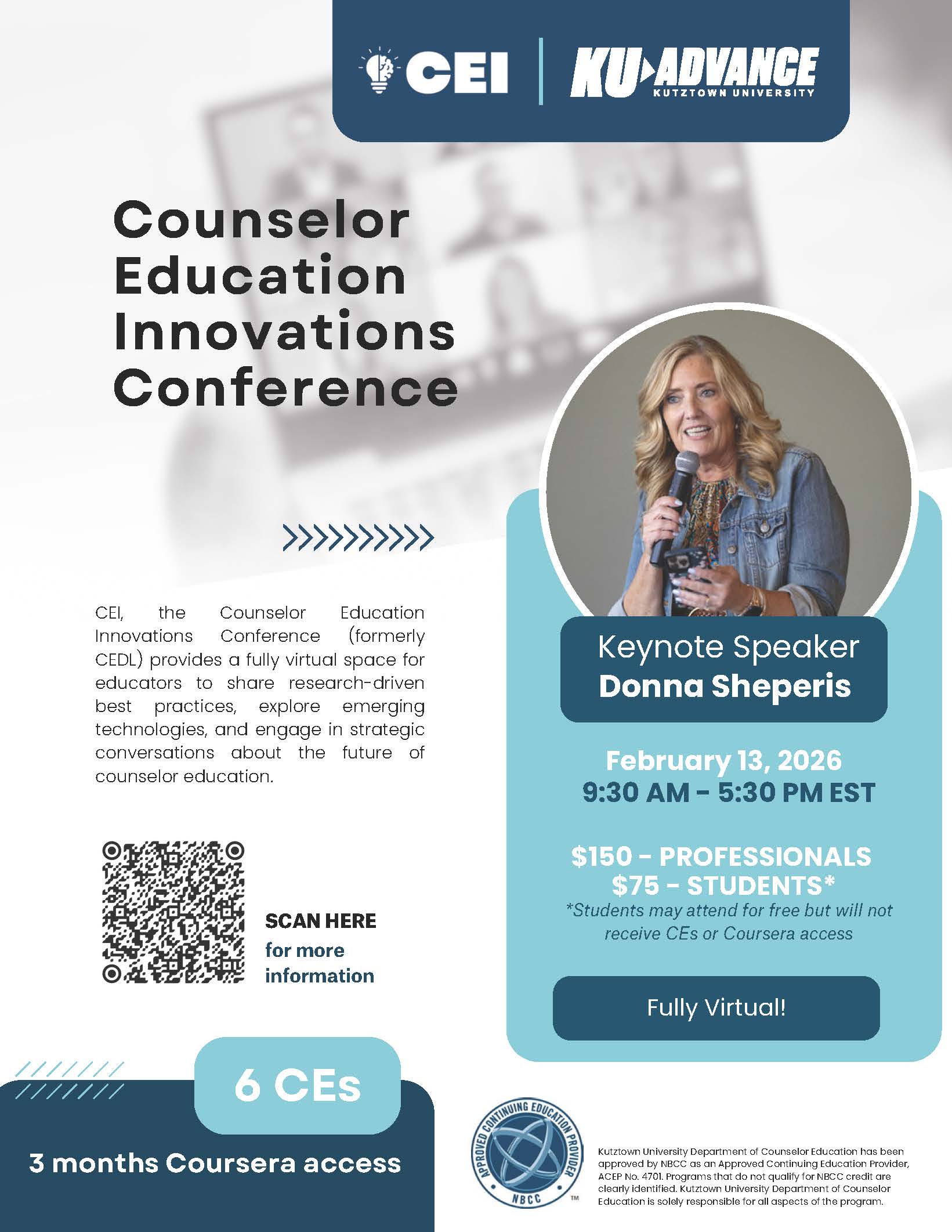Journal of Counselor Preparation and Supervision
Volume 9, Number 1 (2017)
This issue of JCPS begins the 9th volume of the journal. The articles in this issue will be of interest to counselors, supervisors and counselor educators.
Cook conducted a phenomenological study that focused on licensed practicing counselors’ experiences of classism and their social class bias. The interviews reveled fascinating information that will inform the practice of counselors and counselor education. Buchanan, Mynatt and Woodside investigated novice school counselors’ classroom management experiences and found three overall themes that impacted these experiences to inform the training and practice of school counselors.
Supervisors might want to focus on Kemer and Borders’ research that utilized descriptions of easy and challenging supervisees from expert supervisors to identify categories relating to these descriptions. This will be of high interest to supervisors due to the objective nature of these categories, and the specific results yielded.
This issue has several topics of specific interest to counselor education. Drew, Stauffer and Barkley investigated the impact on counselor trainees who participate in personal counseling during their Master’s program. Teixeira researched CACREP and non-CACREP counseling programs to discover possible differences in gatekeeping practices that can inform counselor education programs. Specific to counselor educators, Koltz, Smith, Tarabochia and Wathen used Gowin’s pedagogical theory to conceptualize the current available research on millennial students, and to give counselor educators information on educating this population. Protivnak and Yensel provided counselor educators and counseling programs with specific methods to recruit undergraduate students into Master’s in Counseling programs. Foster researched counseling and counseling psychology students’ own perceptions on how prepared they were to counsel clients with a history of childhood sexual abuse. Counselor educators will be interested in the specific areas in which students did and did not believe they were ready to work with this population. Kozlowski and Holmes provide an in-depth group counseling course example that was developed specifically to train students in a traditional group counseling course to utilize online group counseling technologies and methods.
I want to thank NARACES for their continued support of the journal, the Board’s commitment to JCPS makes my job much easier. Thank you to our editorial board, our reviewers have done a wonderful job of reviewing manuscripts and helping authors improve their work. My Graduate Assistant, Massiel Rosario has been very supportive of the journal, and spent many hours editing each manuscript and the journal as a whole, and working to keep me on track. Thank you, Massie, I couldn’t have completed this issue without you!
Articles
Social Class Bias: A Phenomenological Study
Jennifer M. Cook
Novice School Counselors' Experience in Classroom Management
Deborah K. Buchanan, Blair Sumner Mynatt, and Marianne Woodside
Expert Clinical Supervisors’ Descriptions of Easy and Challenging Supervisees
Gulsah Kemer and L. DiAnne Borders PhD
Gatekeeping Practices of Counselor Educators in Master's Level Counseling Programs
Vanessa B. Teixeira
A Survey of Students’ Knowledge about Child Sexual Abuse and Perceived Readiness to Provide Counseling Services
Jennifer Marie Foster
A Pedagogical Framework for Counselor Educators working with Millennial Students
Rebecca L. Koltz, Adina Smith, Dawn S. Tarabochia, and Cristen C. Wathen
Teaching Online Group Counseling Skills in an On-Campus Group Counseling Course
Kelly Anne Kozlowski and Courtney M. Holmes
Recruiting Undergraduate Students: Creating a Path to the Counseling Profession
Jake J. Protivnak and Jennifer F. Yensel
Personal Counseling in Academic Programs with Counselor Trainees
Meredith Drew, Mark D. Stauffer, and William Barkley
Complete Issue



